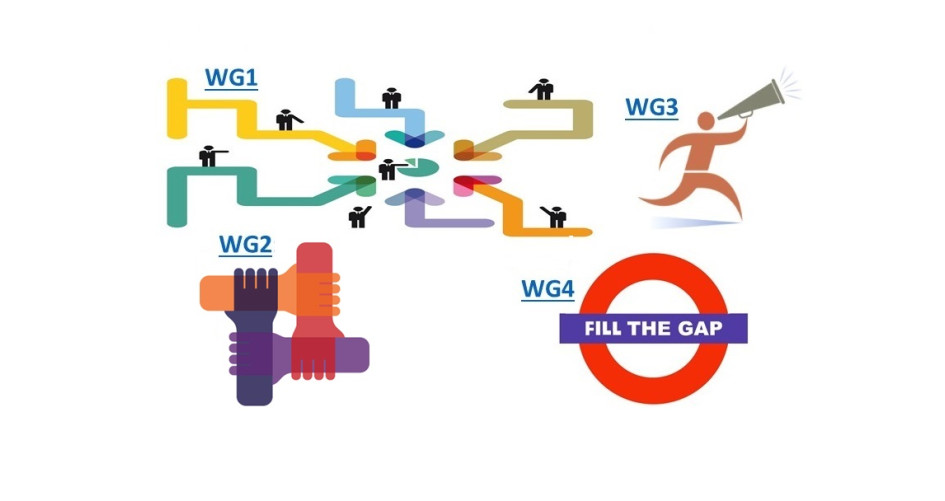PCCB Pilot Exercise and Technical Paper on Capacity Gaps and Needs
At its second meeting (May 2018), the PCCB launched a national-level pilot exercise on assessing capacity gaps and needs related to NDC implementation.
Six of the twelve PCCB members volunteered to undertake such work in their respective countries and regions, namely PCCB members from Burundi, the Dominican Republic, Georgia, Guatemala and Indonesia, as well as Saint Lucia on behalf of the members of the Organisation of Eastern Caribbean States.
PCCB members participating in the exercise reached out to key stakeholders involved in NDC implementation in their respective countries to gather comprehensive information on NDC-related capacity-building needs and gaps, as well as success factors, good practices or lessons learned with regard to closing existing capacity gaps.
The information gathered by the PCCB members fed into a technical paper on capacity-building gaps and needs related to NDC implementation, which also contains recommendations to the COP..
The technical paper was considered and endorsed by the PCCB at its third meeting in June 2019.
Technical Paper on Capacity Gaps and Needs

